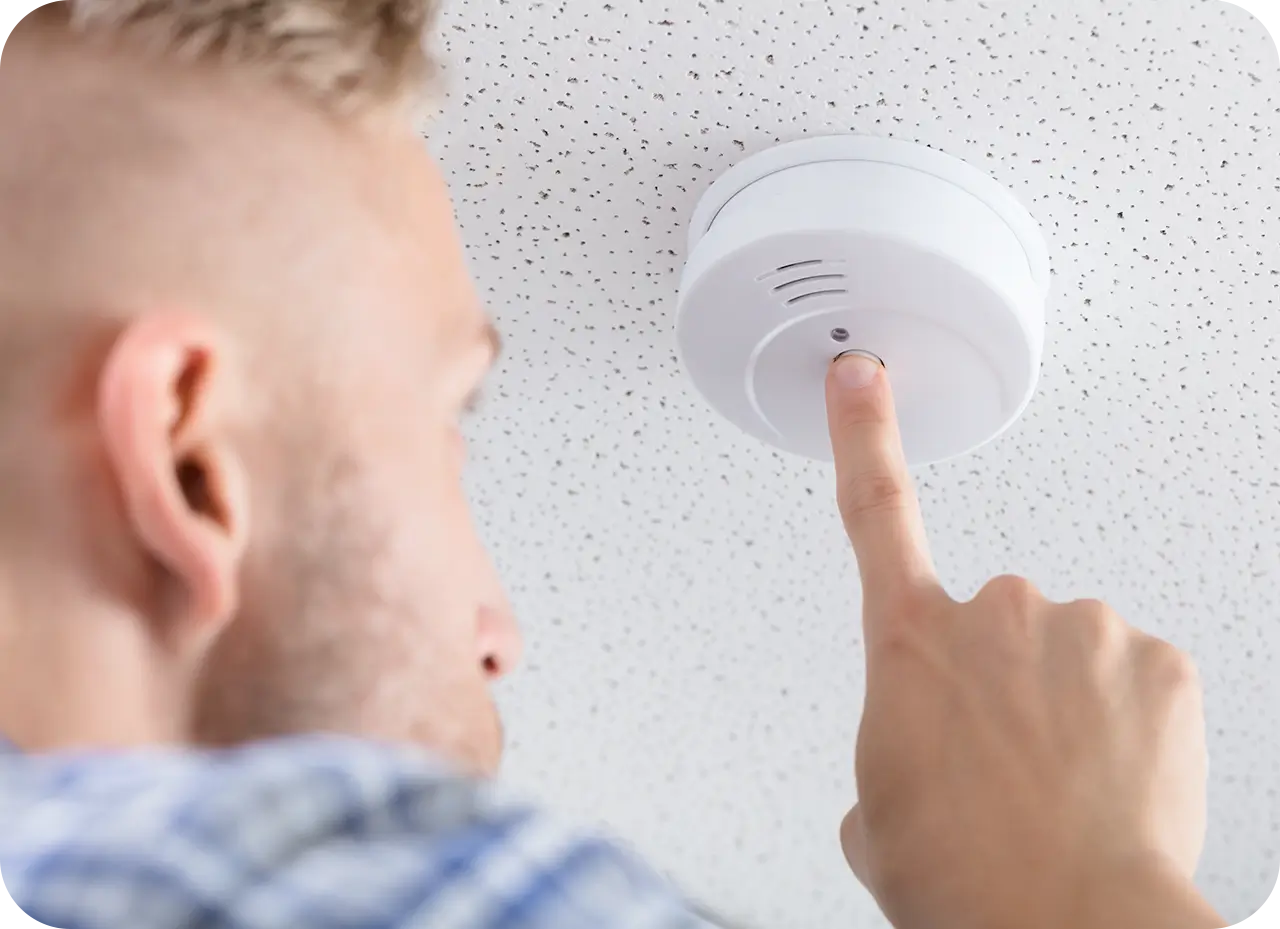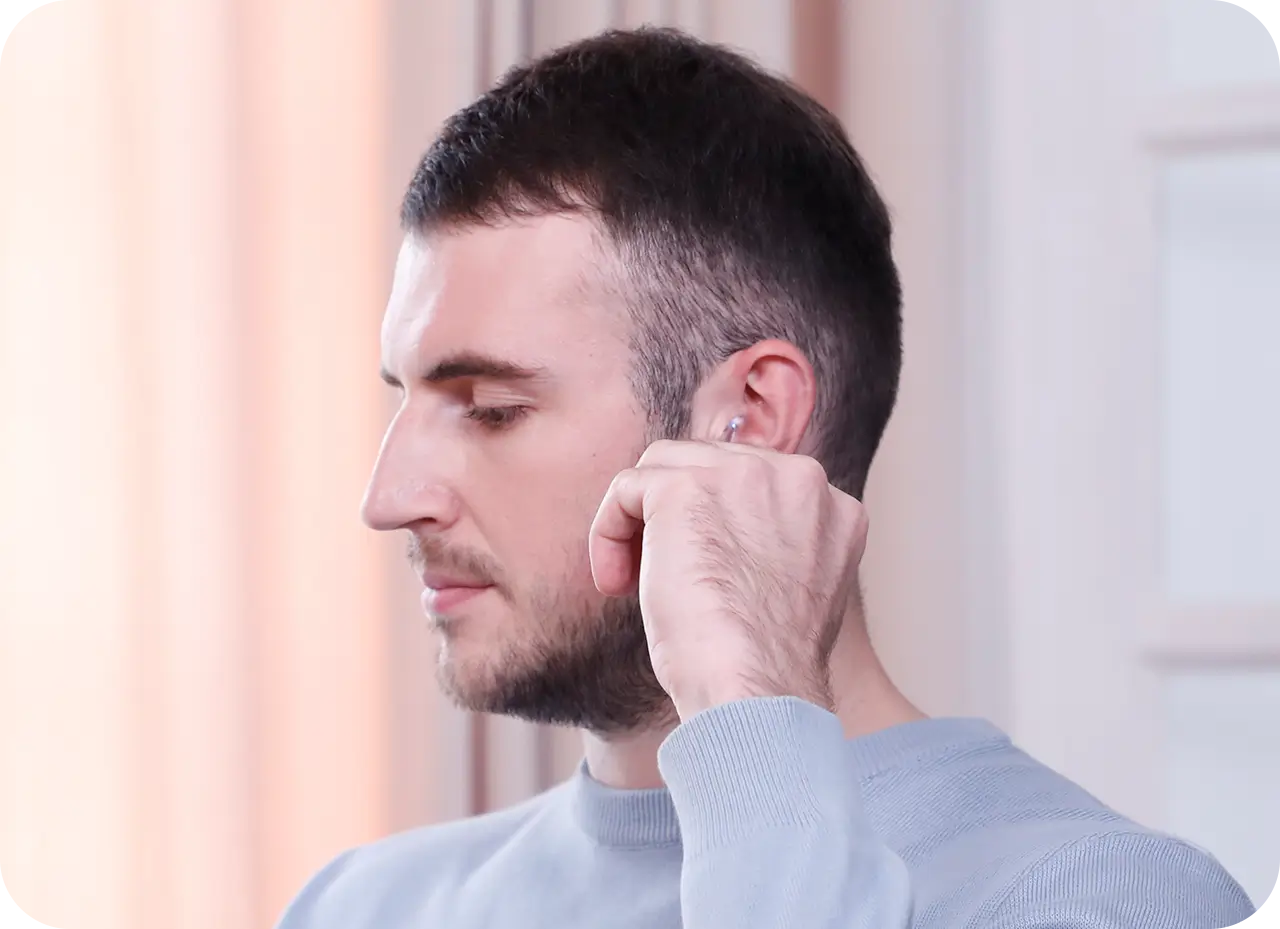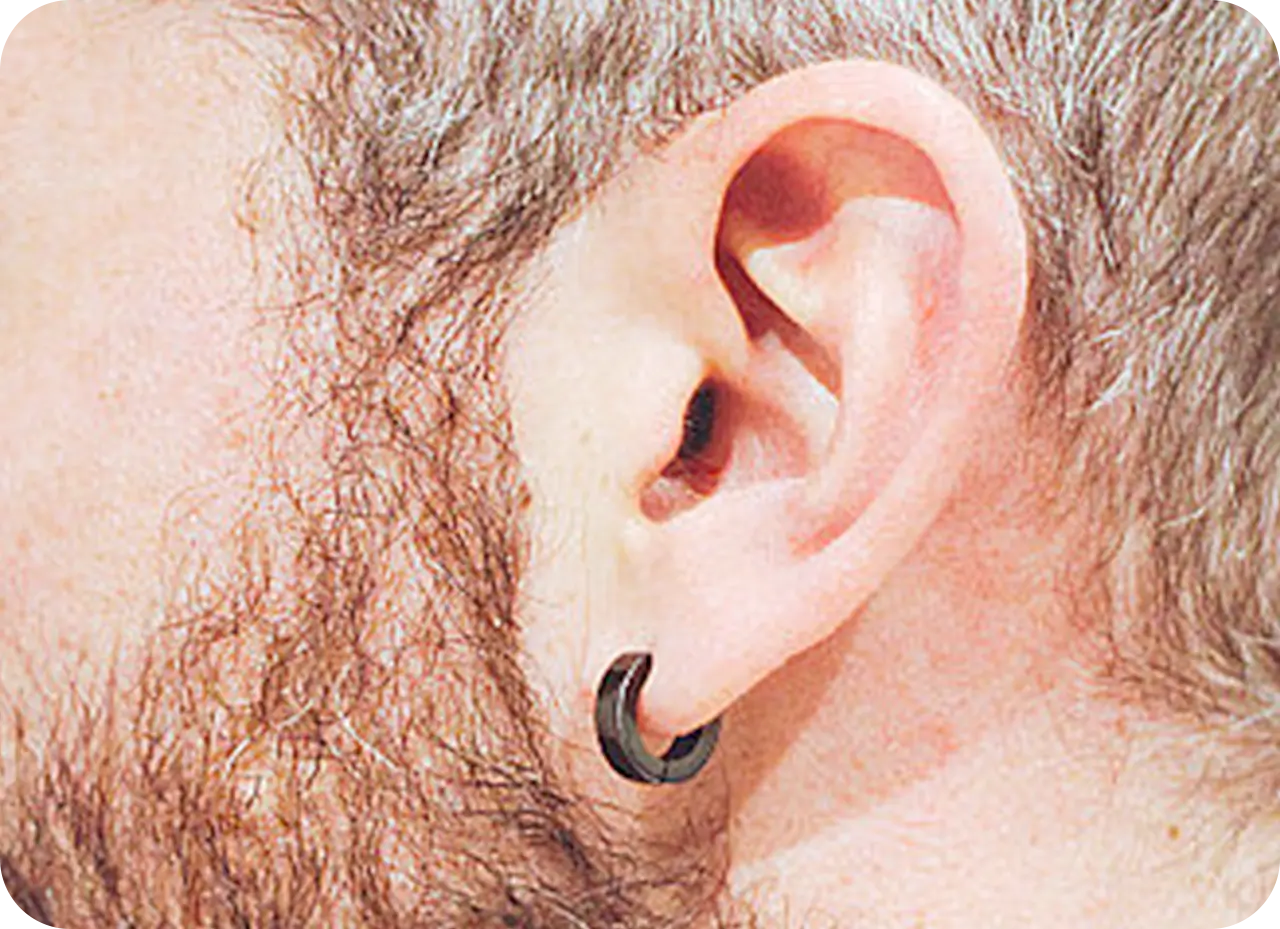Imagine waking up to the sharp, piercing sound of a smoke alarm in the middle of the night. Your heart races, adrenaline kicks in, and you spring into action. There's no doubt that smoke alarms are lifesavers—early warnings of potential danger that give you precious time to act.
Yet, as essential as they are, you might wonder: What about that high-pitched noise? Could it harm your ears? It’s a question worth exploring, especially for households with young children, elderly family members, or those with sensitive hearing.
In this article, we’ll take a closer look at smoke alarms—how they work, their impact on hearing, and practical tips to balance safety with ear health. By the end, you’ll know how to keep your home protected without compromising your well-being.
What You Need to Know About Smoke Alarms
Smoke alarms are a cornerstone of home safety, but they’re not all created equal. To understand their potential impact on your ears, it’s helpful to start with the basics: what they are, how they work, and why they sound the way they do.
-
Types of Smoke Alarms
There are three main types of smoke alarms, each designed to detect danger in slightly different ways:
-
Ionization Alarms: Ideal for catching fast-flaming fires, these alarms use a small amount of radioactive material to detect smoke particles. They’re common but may be prone to false alarms from cooking smoke.
-
Photoelectric Alarms: Better at identifying smoldering, slow-burning fires, these devices use light beams that are disrupted by smoke.
-
Combination Alarms: These provide the best of both worlds, offering comprehensive detection but often coming at a higher cost.
-
The Volume of Smoke Alarms
A defining feature of any smoke alarm is its volume. The typical sound level is around 85-120 decibels (dB)—equivalent to a lawnmower or a rock concert. While this might seem excessively loud, it’s designed this way for a reason: to wake even the deepest sleeper or to cut through noisy environments.

To put this into context:
-
A normal conversation is about 60 dB.
-
City traffic might reach 80 dB.
-
The threshold for potential ear discomfort begins around 85 dB, making the sound of a smoke alarm impossible to ignore.
Understanding these differences sets the stage for addressing the question: Are these sounds harmful, and what can be done to mitigate their effects?
How Loud Sounds Affect Hearing
Sound is an invisible force that can either enrich our experiences or, when too intense, harm our well-being. To understand whether smoke alarms pose a risk to hearing, we first need to explore how loud noises impact the delicate mechanics of the ear.
-
Decibel Levels and Hearing Health
The human ear is remarkably sensitive, capable of detecting a whisper as low as 20 decibels (dB). However, sounds exceeding 85 dB can begin to strain the ear, especially with prolonged exposure. Smoke alarms, with their sharp tones often reaching 120 dB, are far above this threshold.
-
Short bursts vs. prolonged exposure: While a one-time burst of loud sound—like a smoke alarm—is unlikely to cause permanent damage, repeated or extended exposure can lead to temporary discomfort or ringing, known as temporary threshold shift (TTS).
-
The risk of tinnitus: In some cases, exposure to loud sounds can cause a persistent ringing sensation in the ears, a condition called tinnitus.
-
How the Ear Responds to Loud Sounds
When exposed to high-decibel noise, your ears react defensively:
-
The tiny muscles around the ear canal contract to dampen the sound, a process called the acoustic reflex.
-
While this provides some protection, the reflex is not foolproof—especially against sudden, sharp noises like smoke alarms.
-
Who Is Most Vulnerable?
Not everyone experiences sound the same way. Certain groups may be more susceptible to discomfort or potential harm:
-
Children: With smaller ear canals, children’s ears can amplify sounds, making alarms seem even louder.
-
Elderly individuals: Age-related hearing changes can increase sensitivity to high-pitched noises.
-
Those with pre-existing conditions: People with hearing disorders, such as hyperacusis (heightened sensitivity to sound), may find smoke alarms particularly distressing.
By understanding how sound interacts with our hearing, we can better assess the impact of smoke alarms and explore strategies to minimize any potential risks.
Are Smoke Alarms Dangerous for Ears?
Smoke alarms are designed to be loud—there’s no way around it. But does their sharp, high-pitched tone pose a real danger to your hearing? The answer lies in the balance between their lifesaving purpose and their auditory impact.

-
Short-Term Exposure: Uncomfortable but Safe
For most people, the sound of a smoke alarm—though startling—is unlikely to cause permanent hearing damage. Here’s why:
-
Duration matters: Smoke alarms emit bursts of sound that last only as long as necessary to signal danger. This short-term exposure is typically not enough to harm the inner ear.
-
Temporary effects: It’s normal to feel discomfort or experience brief ringing (tinnitus) after exposure to loud sounds, but this usually resolves quickly without lasting damage.
-
Sensitive Groups Face Higher Risks
While the average person’s hearing can withstand the occasional smoke alarm, certain groups may experience heightened sensitivity:
-
Infants and young children: Their ears are still developing, and their smaller ear canals can amplify sound, making alarms feel more intense.
-
Elderly individuals: Age-related hearing changes can increase susceptibility to loud noises, sometimes causing greater discomfort.
-
Individuals with existing hearing conditions: Those with tinnitus, hyperacusis, or other auditory sensitivities may find smoke alarms particularly distressing or even painful.
-
Real-World Cases and Research
Studies have shown that while smoke alarms are loud enough to wake adults from deep sleep, they may not always rouse young children—a critical factor in determining sound intensity. However, there’s little evidence to suggest that brief exposure to their sound levels leads to long-term hearing issues for most individuals.
Ultimately, while the sound of a smoke alarm can be startling or temporarily uncomfortable, it’s far outweighed by the critical role it plays in protecting lives. In the next section, we’ll discuss practical ways to minimize any risks while maintaining this vital safety tool.
Minimizing Risks
While smoke alarms are essential for safety, there are simple ways to reduce any discomfort they may cause:
-
Install alarms outside bedrooms, in hallways or common areas, to avoid direct exposure to their sound.
-
For children’s rooms, place alarms slightly further away while keeping them audible.
Some smoke alarms operate at lower volumes (85-90 dB) but still meet safety standards, making them a good option for sensitive individuals, such as children and the elderly.
-
Vibration pads or strobe light alarms
can be used for those with hearing impairments or in cases where traditional alarms may not be enough. -
Voice-based alarms
with a recorded message can be more effective, especially for children.
-
Test alarms monthly and replace batteries regularly to avoid unnecessary false alarms.
Make sure everyone knows how to react when an alarm goes off, reducing stress and confusion.
By following these steps, you can minimize the auditory impact while keeping your home safe.
Benefits vs. Risks
In the grand scheme, the benefits of smoke alarms far outweigh any potential discomfort from their noise. While they can be jarring, their role in saving lives during a fire is irreplaceable.
-
Life-Saving Importance
The primary function of a smoke alarm is to provide an early warning in the event of a fire, giving you precious time to escape. In fact, studies have shown that having a working smoke alarm reduces the risk of dying in a fire by about 50%. When seconds count, that high-pitched sound can mean the difference between life and death.
-
Short-Term Discomfort vs. Long-Term Safety
While the alarm's sound can be uncomfortable, especially during the night, this brief inconvenience is a small price to pay for the protection it provides. For most people, any temporary discomfort, such as ringing in the ears, subsides quickly. The long-term safety benefit of knowing that you’re alerted to a fire is invaluable.
-
Risk of Hearing Damage Is Low
Although the loud noise may feel intense, the risk of permanent hearing damage from smoke alarms is very low. The exposure is typically brief and limited, with most people experiencing only temporary discomfort, not long-term hearing issues.
In the end, balancing the benefits of smoke alarms with their noise level is about perspective. Their ability to save lives far outweighs the short-lived discomfort they might cause, and with a few adjustments, you can minimize the risk to your ears.
Conclusion
Smoke alarms are vital to home safety, offering crucial protection in the event of a fire. While their loud sound can be startling, the risk of hearing damage is minimal with brief exposure. However, it’s important to prioritize both safety and ear health.
To safeguard your hearing, consider placing alarms strategically, opting for lower-decibel models, or using alternative alert systems like vibration pads and strobe lights. Regular maintenance of your smoke alarms and educating your family can further reduce any discomfort caused by the noise.
In addition to protecting your ears from loud sounds, it’s essential to keep your ears clean and healthy. For a safe and effective way to maintain ear hygiene, Bebird offers innovative ear wax removal tools equipped with cameras, allowing you to clean your ears with precision and care. Take proactive steps to protect your hearing and enjoy a balanced, safe environment at home.
















Leave a comment
All comments are moderated before being published.
This site is protected by hCaptcha and the hCaptcha Privacy Policy and Terms of Service apply.